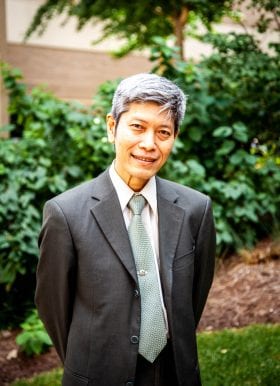Experts in neurosteroids
The core faculty members in the Taylor Family Institute conduct collaborative interdisciplinary research on natural and synthetic neurosteroid molecules and investigating those substances as potential anesthetic agents as well as possible treatments for psychiatric illnesses.
Investigators involved in the Institute have expertise in chemical synthesis, molecular biochemistry, ion channel biology, cellular and synaptic neurobiology and behavioral testing in animal models.
The core team of researchers with the Institute involves a team of internationally-recognized, interdisciplinary experts and has produced the following:
- >70 publications
- 700 novel chemical compounds
- 7 pending patents
Medicinal and computational chemistry
Central to understanding the actions of steroids and in developing novel therapeutics is to define the chemical features of steroids that underlie activity and clinical benefit. Outstanding skills in medicinal chemistry are an essential element in the Institute.
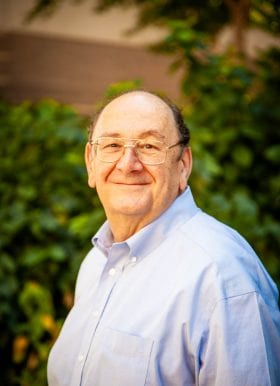
Douglas Covey, PhD
Professor of Pharmacology in Developmental Biology
Dr. Covey is the inaugural holder of a professorship endowed by the Taylor Family Institute for Innovative Psychiatric Research. His research and collaborations have spawned many new insights into neurosteroid actions. He is a co-founder of Sage Therapeutics.
Molecular biochemistry and target identification
The direct physical identification of the positions at which steroids associate with target proteins is an essential step in defining the sites of action. Evers and Chen are molecular biochemists using unique chemical biology tools from Institute chemists. As an anesthesiologist, Evers also provides expertise in animal models of anesthesia and clinical applications.
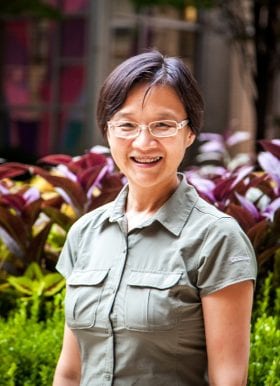
Ziwei Chen, Ph.D.
Asst Prof of Anesthesiology
Dr. Chen is a molecular biochemist using unique chemical biology tools from Institute chemists.
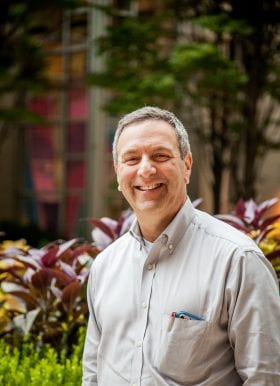
Alex Evers, MD
Henry E Mallinckrodt Professor of Anesthesiology
Dr. Evers is a molecular biochemist using unique chemical biology tools from Institute chemists. As an anesthesiologist, Evers provides expertise in animal models of anesthesia and clinical applications.
Channel Biophysics
After a steroid interacts with a target, the function of the target must be altered in some fashion to mediate the behavioral effects.

Gustav Akk, Ph.D.
Associate Professor Anesthesiology
Dr Akk’s lab is interested in how ligand-gated ion channel work. We focus on the GABAA and nicotinic acetylcholine receptors.
Cellular and Synaptic Biology
Most common neuropsychiatric illnesses reflect synaptic dysfunction, or disorders in communication between neurons. Drs. Mennerick, Izumi and Zorumski are cellular neurophysiologists who study the effects of neurosteroids on synapses in brain areas important for mood and cognition. As a psychiatrist, Dr. Zorumski provides expertise in potential clinical applications of new molecules.

Steven Mennerick, Ph.D.
Professor of Psychiatry
Dr. Steven Mennerick was appointed scientific director of the Taylor Institute in 2017 and heads a Basic Psychopharmacology Unit within the Institute. He is a Vice Chair of Research in the Psychiatry Department and has been involved administratively in graduate programs and education initiatives.
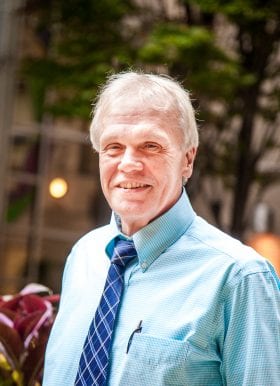
Charles F. Zorumski, MD
Director
Dr. Charles Zorumski, MD, is head of the Psychiatry Department at Washington University School of Medicine and the Samuel B. Guze Professor of Psychiatry. He was appointed the inaugural director of the institute in 2012. He is also a core investigator. As a psychiatrist, he provides expertise in potential clinical applications of new molecules.
Neuroinflammation
Neuroinflammation is involved in a host of brain problems, including depression and Alzheimer’s disease, among others. Increasing evidence implicates oxysterols, especially 25-hydroxycholesterol, in the immune response of the brain.
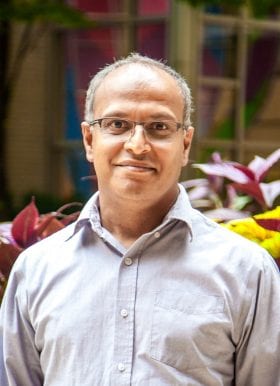
Anil Cashikar, Ph.D.
Assistant Professor of Psychiatry
Dr. Cashikar studies oxysterols in Alzheimer’s disease and neuroinflammation.
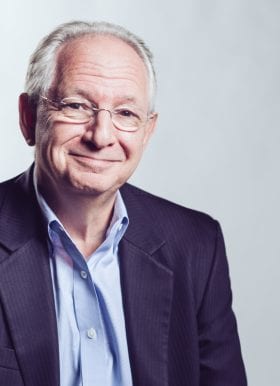
Steven Paul, Ph.D.
Professor of Psychiatry
Dr. Paul studies how apoE contributes to the clearance and metabolism of Aβ in Alzheimer’s disease. He is also interested in oxysterols in neuroinflammation.
Behavioral Research
A critical bridge in moving molecular and cellular observations towards therapeutic use involves behavioral studies of candidate compounds in animal models of human disorders.
